Overcrowding, shared toilets worsening diarrhoea situation
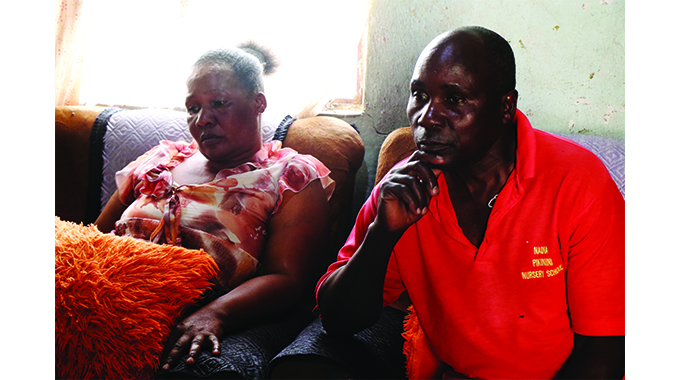
Thandeka Moyo-Ndlovu, Senior Health Reporter
THE issue of overcrowding and sharing of communal bathrooms and toilets coupled with the worsening water crisis in Bulawayo has been blamed for the city ’s diarrhoea outbreak, which has so far claimed two lives.
Statistics from the city health services department show that more than 1 663 cumulative cases have been recorded so far since last month.
On Monday 40 new cases were recorded with 827 people having recovered from the water-borne disease.
Communal ablution facilities in suburbs such as Iminyela and Mabutweni have left residents at a higher risk of contracting diarrhoea given the ongoing water shedding programme which is in place.
The city is officially on a 72-hour water shedding schedule, which the local authority is struggling to adhere to with some suburbs going for as much as four days without water.
Bulawayo City Council (BCC) has said water levels at its supply dams, that are 52 percent full, as well as a drastic drop in supplies from Epping Forest due to vandalism of infrastructure have worsened the water crisis. The council is now implementing a 72-hour weekly water shedding programme as part of its water management system.
Bulawayo dams recorded insignificant inflows during the 2021/22 rainy season
The local authority decommissioned Umzingwane Dam at the end of last month after the levels dropped below 10 percent capacity and they could not draw further into the city’s system. Upper Ncema is set to be decommissioned by October 1 as levels continue to diminish.
Although the local authority officially announced that residents could go for up to 72 hours without running water, some residents especially in Luveve, Tshabalala and Mabutweni said council was failing to stick to the schedule.

diarrhea outbreak
This has also increased open defecation, especially in suburbs where people share toilets.
According to the BCC design, four houses share one toilet in some parts of Ward 13.
In most cases these properties, which are three-roomed houses, accommodate more than three families thus increasing the demand for toilets.
Poor hygiene standards coupled with perennial water woes have exposed residents to the dangers of contracting the deadly water-borne diseases.
In June 2020, there was a diarrhoea outbreak in Luveve suburb, which killed 13 people and infected nearly 2 000.
Chronicle yesterday visited Mabutweni and spoke to some of the residents sharing communal toilets and bathrooms.
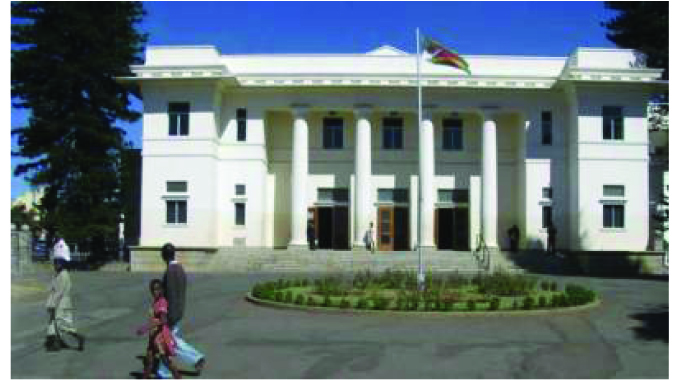
Bulawayo City Council (BCC)
Ms Siphethokuhle Tshuma (53) said the situation in crowded areas can only be addressed through the construction of more toilets.
“Accommodation is very expensive these days and it’s common to find two big families crammed in a small three-roomed house in Mabutweni. What is actually worse is that we share toilets whose system is dilapidated and they are always blocked,” she said.
“We might not have recorded any death in Mabutweni so far, but we are sitting on a ticking health time bomb ready to explode. This is not sustainable at all, and we urge council to provide us with more toilets including affordable residential stands.”
Ruthe Masuku said she shares a single toilet with 16 other people.
“We have accepted this situation, but we know it puts us at high risk. In as much as we try to fill in containers when water supply is restored to keep the toilet clean, it is not sustainable since there is need to constantly monitor every toilet user,” she said.
Ms Dorcas Sibanda of Mabutweni said the prevailing water crisis is a ticking timebomb in the suburb where four families rely on one toilet and bathroom.
“Mabutweni has four blocks and each family occupying those houses uses one toilet and bathroom. Most of the residents are the elderly and poor people who can’t afford to build their own toilets,” she said.
“The challenge now is that there is no water and we have vulnerable people such as children and old people who are susceptible to contracting diseases through a toilet used by so many people.”
Ms Gloria Ndlovu said the water crisis has worsened the situation.
“We are appealing to council to assist by constructing more toilets so that people do not share the ablution facilities as it is a recipe for a health disaster. We are also appealing for chemicals to disinfect the ablution facilities and kill germs, which are messy,” she said.
Ms Molly Khumalo said: “This is a terrible situation where you find one household with 10 people and sharing one bathroom and toilet. We should also not forget that Covid-19 is still with us and surely how do you expect people to survive under such unhealthy conditions.”
The family of a two-year-old baby who died two weeks ago after suffering from diarrhoea said healthcare workers failed the boy.
His grandfather Mr Markington Waramba said despite the outbreak, healthcare workers at Mpilo Central Hospital did not give the boy the urgency he deserved.
“My grandson had visited us from Mazowe because my wife was admitted and he started complaining of a stomach ache on Sunday evening. We hoped that he would improve, but on that particular day, his condition worsened and we decided to take him to Mpilo Central Hospital,” he said.
“Nurses didn’t really do anything as they kept on promising to attend to the boy as his situation deteriorated leading to his death two days later. I think something should be done about the water challenges.”
Mr Waramba said residents are now living in fear following the diarrhoea related deaths recorded in the area.
Bulawayo Provincial medical director Dr Maphios Siamuchembu said the number of new cases is declining with measures being put in place to curb the spread of infections.
“On Monday we recorded 40 new cases, which brings the cumulative figures to 1 663. No new deaths have been recorded so far and the total since outbreak in July remains at two,” he said.
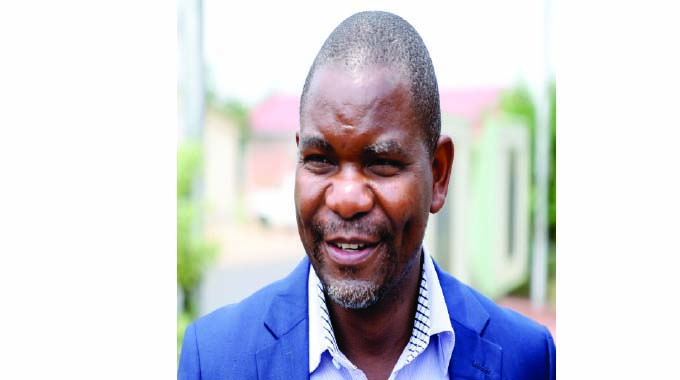
Dr Maphios Siamuchembu
Dr Siamuchembu said 827 people have recovered with the total active cases at 834.
“As Ministry of Health and Child Care and the city’s department of health, we are engaged in health education and case management. The city’s engineering department and other partners involved in water, sanitation and hygiene are delivering clean potable water to low pressure areas,” he said.
“We are also providing aqua tabs to treat water suspected to be contaminated or unsafe, and repairing sewer and water pipes.”
In a report released yesterday, Matabeleland Human Rights Institute co-ordinator Mr Khumbulani Maphosa said open defecation is on the increase, especially in sanitary lanes, storm drains, bushes and derelict toilets and bathrooms in crowded suburbs.
He said in shared ablution facilities, some residents are in the habit of either urinating or defecating everywhere.
“The Bulawayo City Council needs to expedite the construction of individual household toilets. Civic society may also partner with the local authority in this process, which began a few years back, but is at a snail’s pace due to the local authority’s financial constraints,” said Mr Maphosa.
“The local authority may consider lessening the number of water shedding days or hours for such vulnerable communities or provide more water bowsers. This is a critical emergency measure to avert a serious cholera or diarrhoea outbreak from that community.” – @thamamoe

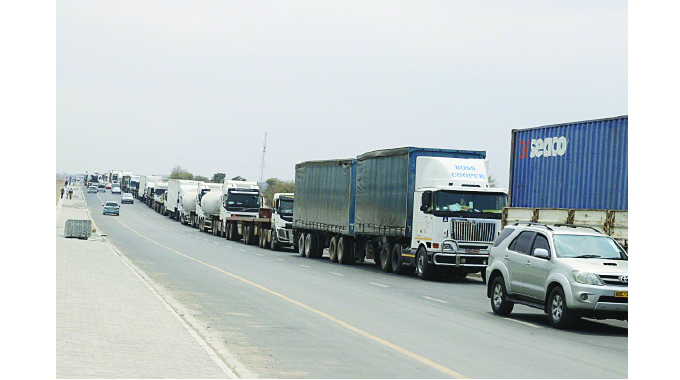
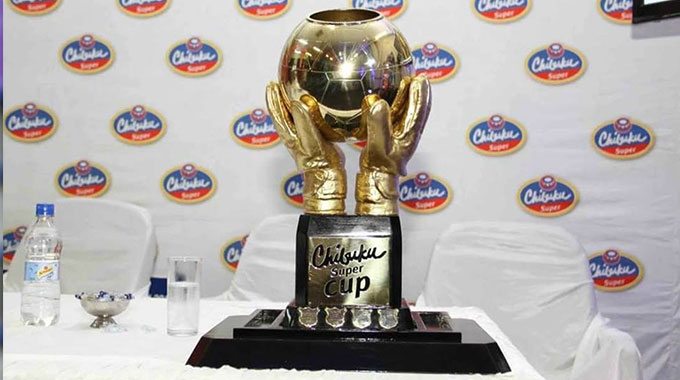
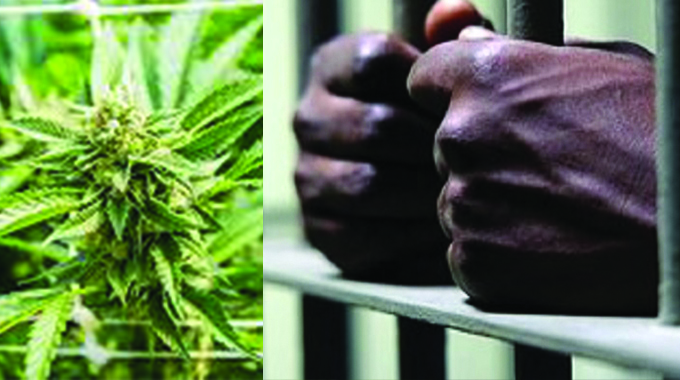
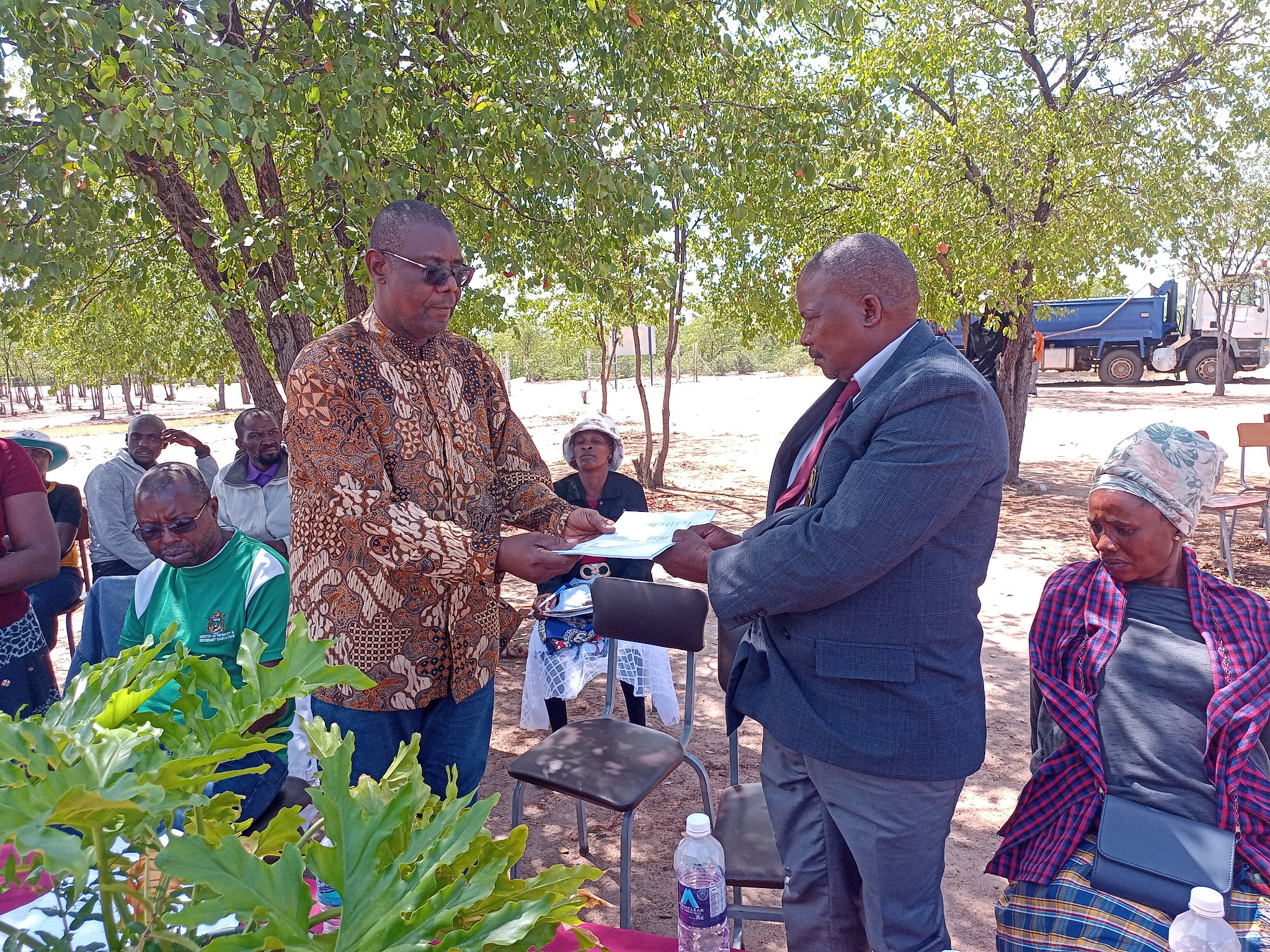





Comments